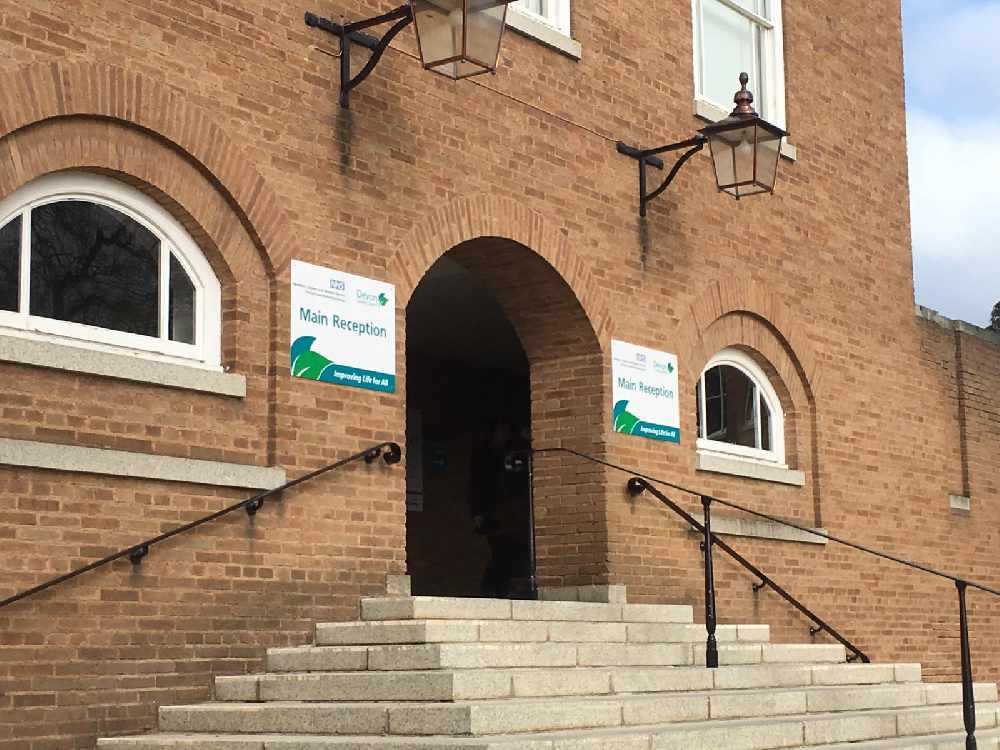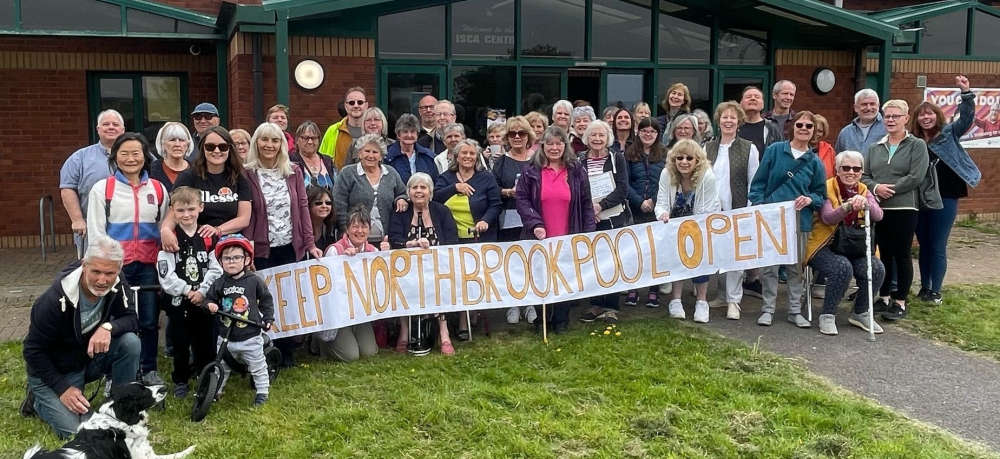
£88 million in debt
The funding system for special educational needs is “broken,” the boss of Devon County Council says, with the authority’s total overspend on the service set to rise to almost £90 million.
The government has told councils to put overspends for supporting children with special educational needs and disabilities (SEND) into separate accounts for three years until April 2023, while it develops a new plan to fund provision.
It means Devon’s effective debt on the service – currently forecast to reach £88 million by April – does not currently count towards its main revenue figures, However, the council is concerned about what will happen when the ring-fencing arrangement ends next year.
At this week’s council cabinet, Councillors were told that discussions with the Department for Education were ongoing, and a deal could be reached by the end of March.
The county council entered the current financial year with an overspend of £49 million in its SEND account. It expects to add a further £39 million to the debt for 2021/2, according to the latest budget report presented to the meeting.
Speaking on the issue, chief executive Phil Norrey said: “We don’t know whether it will come back [onto the balance sheet] at that point or not, or how it will be dealt with.”
“But the expectation is that those local authorities with a deficit, or a significant deficit, will have to work with government to try and reduce that before whatever happens next to that lump of money.”
Describing it as a “national problem,” Dr Norrey added: “It’s not only right of the top of the agenda of the DfE, but it’s up there with the treasury and the Department for Levelling Up, Housing and Communities.”
He expects the government will soon publish a consultation paper on changing the system, “based on the experience of the fact that this is a broken system. It doesn’t actually work. It doesn’t deliver what parents and carers want and financially it is unsustainable across the country.”
The high cost of independent specialist provision was cited as one of the main reasons why Devon was spending so much. Dr Norrey told councillors the cost per youngster was £47,000, compared to £12,000 in a maintained special school.
“That gives you an indication of the fact that somehow we’ve got to recalibrate the system,” he said.
“We’ve got to get more youngsters flourishing in mainstream settings in the first instance, more youngsters being supported in maintained special schools locally and fewer in very expensive independent specialist provision. That’s going to take a long time to do.”
Director of children’s services Melissa Caslake said there was an “action plan” to tackle the SEND overspend, including investment and plans to increase special school places provided by the council.
“That will reduce the amount of children that we are having at the moment to place in independent special schools including some in residential special schools as well – the cost of those are far beyond the cost of us effectively providing our own special school places,” she said.
“That will have a significant impact, but obviously those places in different schools, different locations, will be coming on stream at different times over the next few years.”
Ms Caslake hopes a deal with the Department for Education, billed as a ‘safety valve intervention programme,’ will be finalised by the end of March.
A report for the cabinet on the budget says a “package of reform” will bring the overspend under control.
Leader of the council John Hart (Bickleigh & Wembury) said: “Devon is not an outlier. Every local authority with SEND responsibility has got the same problem.
“Others have got a bigger problem because they did not have the money that we actually had in our coffers for the rainy day and whatever way you want to look at this, it is a budget line that is off-budget.
“In private practice, if you decided to put a set of accounts up and you actually had this kind of money offset and not being shown as a liability to your company, you’d be done for fraud.
“It is a serious issue as far as local government is concerned, but we’ve had to spend the money to pay the bills and we do need at some stage government clarity and hopefully government reimbursement for that money.”
At the start of the debate, Councillor Alan Connett (Lib Dem, Exminster & Haldon), leader of the opposition, expressed concern about the debt figure, warning: “£88.1 million is more than 50 per cent of the council’s free reserves – it is a significant deficit that the council is carrying.”
“I think the council needs to be aware of what the precise actions are that bring that into balance because I’m reading the euphemism to mean there will need to be cuts somewhere – you may call them savings in other services …or there’s going to be some kind of management on the provision of services for the people who rely on these high needs.”
He said some parents were saying it was taking a “rather long time” to get through the process for provision and that they were “beginning to believe that this is being managed to stall provision of services for children with special needs.” This was denied by Ms Caslake.
Cllr Connett called for a plan “that should be set out for all councillors and the public about how this very significant deficit is going to be dealt with.
“[We need to know] what it actually means in reality, how the savings are going to be made to bring it back into balance? Because I think what we’re hearing is that there is not going to be a significant grant from government to balance the books for the chronic under funding, which has led to this deficit.”
Councillor Rob Hannaford (Exwick & St Thomas), leader of the Labour group, agreed for the need for a “proper report,” but said: “It is my understanding, I believe, that we are in negotiations with the government to pay this back in various instalments, so I hope that will give some comfort.”
“However, what I will say is I would still put on the record that it’s very unjust that we are having to pay back this money to any great extent because we were given these responsibilities by the government.
“It’s things that we should be doing for those children that need this work, but nevertheless, it should have come with a proper package of funding from central government, and I’m still concerned as part of those negotiations and paybacks that it will mean cuts to other services.”
 Devon man to run round mainland Britain
Devon man to run round mainland Britain
 Decision on Exeter swimming pool due this week
Decision on Exeter swimming pool due this week
 South Hams tourism down, but average spending up
South Hams tourism down, but average spending up
 More East Devon council workers leaving
More East Devon council workers leaving
 Dartington pool expected to reopen
Dartington pool expected to reopen
 Honiton man jailed for terrorism-related crimes
Honiton man jailed for terrorism-related crimes
